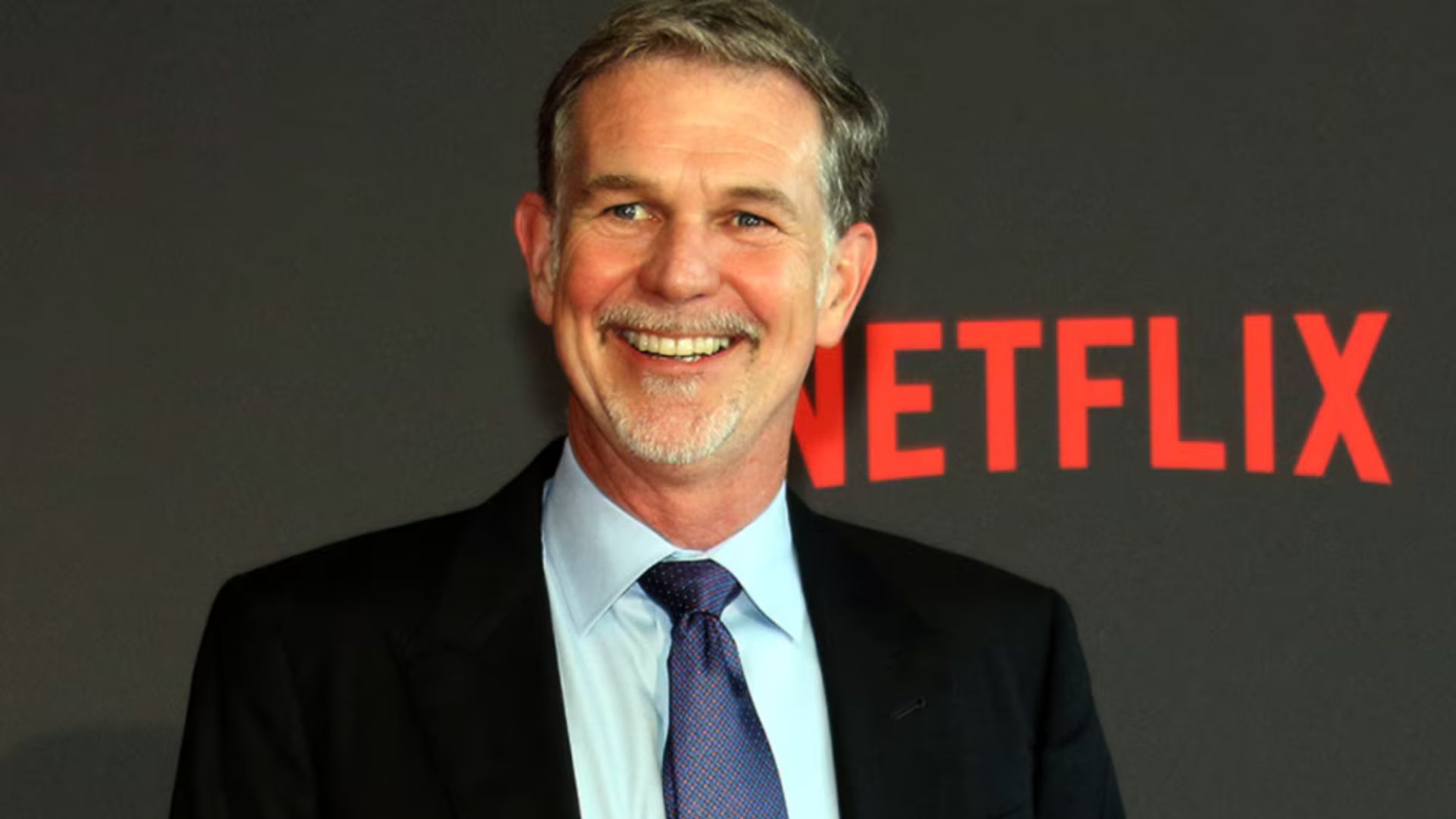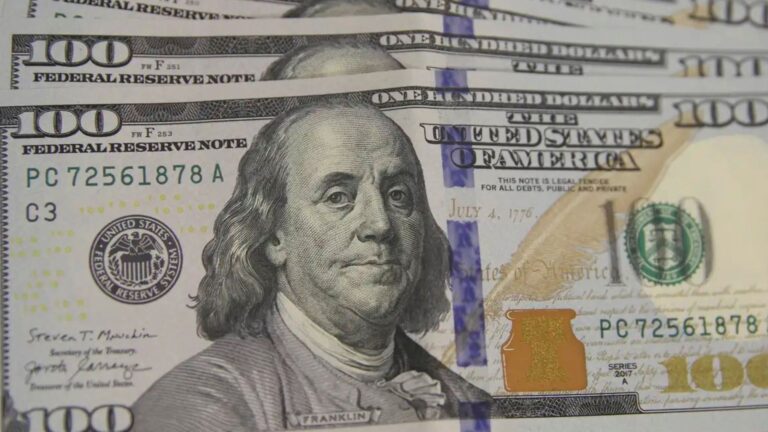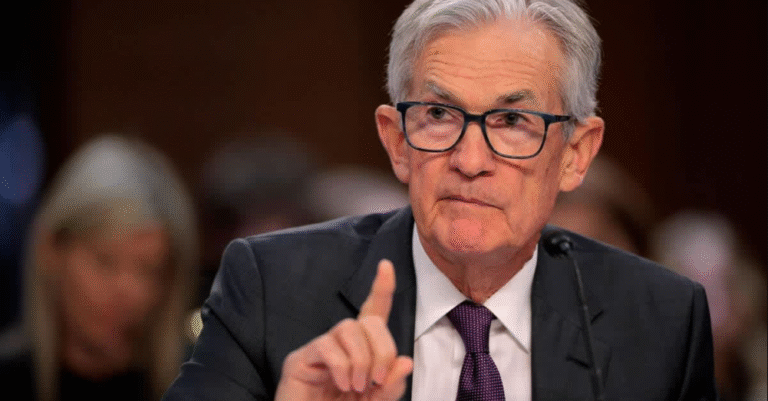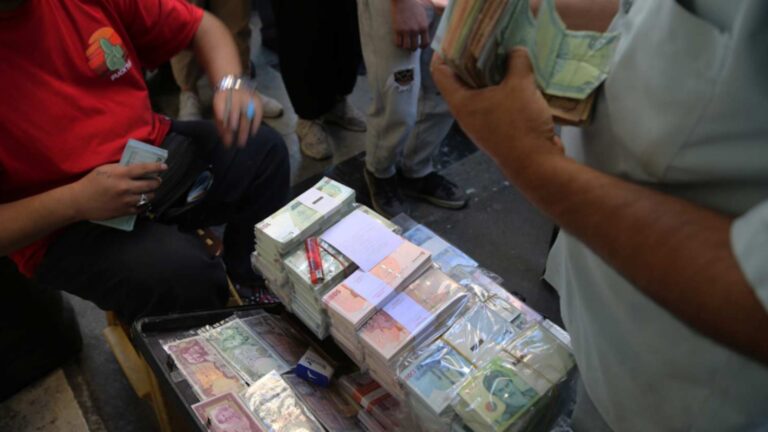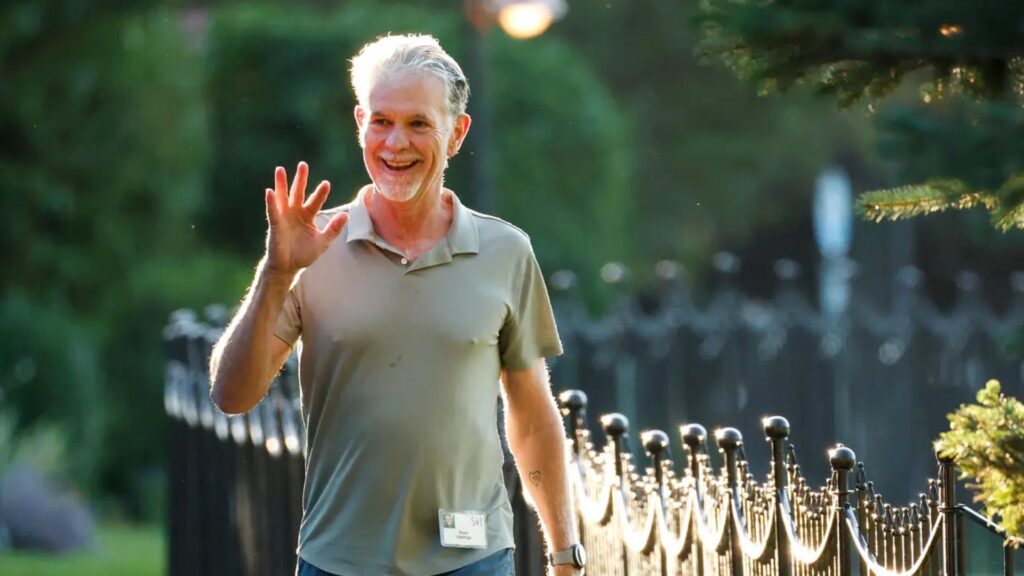
Netflix co-founder Reed Hastings has stunned Silicon Valley by publicly endorsing President Trump’s controversial $100,000 H-1B visa fee hike, calling it a “great solution” despite donating $7 million to Kamala Harris’s 2024 campaign. His support cuts against widespread tech industry opposition and his own previous criticism of Trump, highlighting deep divisions within Silicon Valley over immigration policy.
Hastings Breaks Ranks with Silicon Valley
On September 21, 2025, Hastings posted on X: “I’ve worked on H1-B politics for 30 years. Trump’s $100k per year tax is a great solution. It will mean H1-B is used just for very high-value jobs, which will mean no lottery needed, and more certainty for those jobs” (Business Insider).
The endorsement was unexpected given Hastings’s political background as a prominent Democratic megadonor who contributed approximately $7 million to Harris’s super PAC, making it his largest political donation ever (New York Post). He had previously criticized Trump, telling Fortune that the president “would destroy much of what is great about America” (Times of India).
Trump’s executive order, signed September 19 and effective September 21, imposes a one-time $100,000 fee on new H-1B visa applications—a dramatic increase from previous costs of $2,000–$5,000 (USCIS). Commerce Secretary Howard Lutnick explained the policy aims to encourage companies to “train Americans” rather than hire foreign workers (Time).
Industry Leaders Divided on Policy Impact
The tech sector’s response has revealed sharp divisions over the policy’s merits and consequences.
Tech Giants Express Support for Global Talent
Nvidia CEO Jensen Huang and OpenAI CEO Sam Altman defended the importance of attracting international expertise during a CNBC interview. “We want all the brightest minds to come to the U.S. and remember immigration is the foundation of the American Dream,” Huang emphasized (Times of India). Altman welcomed the change, stating: “We need to get the smartest people in the country, and streamlining that process and also sort of aligning financial incentives seems good to me” (Business Insider).
Startup Community Warns of Devastating Impact
Venture capitalist Deedy Das from Menlo Ventures, himself a former H-1B visa holder, warned the policy would disproportionately harm startups. “Let’s say you’re a five-person, 10-person company. You often have $2-$4 million in your bank account. Now, you’re looking at hiring maybe two or three foreign-born workers and all of a sudden, your runway can shorten by three months,” Das explained (CBS News).
For major tech companies, the financial implications are staggering. Amazon leads Fortune 500 companies with 10,044 H-1B visa holders, followed by Microsoft with 5,189 and Meta with 5,123 (Newsweek). Under the new fee structure, Amazon could face potential costs exceeding $1 billion for future hiring (Fortune).
Elon Musk’s Notable Silence
Tesla CEO Elon Musk, who once vowed to “go to war” for the H-1B program and credited it for his own presence in America, has remained conspicuously quiet since Trump’s announcement (Fortune). In December 2024, Musk had defended the system passionately, writing: “The reason I’m in America along with so many critical people who built SpaceX, Tesla and hundreds of other companies that made America strong is because of H1B” (Times of India).
Widespread Industry Disruption and Future Implications
The policy has already triggered immediate chaos across Silicon Valley. Major tech companies including Amazon, Microsoft, Google, and Tesla advised H-1B employees to remain in the United States or return before the Sunday deadline (Times of India). At San Francisco airport, passengers reportedly deplaned from India-bound flights after learning about the new rules.
Immigration experts predict the measure could achieve the opposite of its intended effect by encouraging companies to offshore more operations. Analysts expect a strategic pivot toward increased offshoring and automation, with expensive H-1B visas reserved solely for “extremely critical roles” (Economic Times).
The policy particularly impacts the relationship between the United States and India, as Indian nationals constitute approximately 71% of H-1B recipients (PBS). India’s Ministry of External Affairs warned the measure “is likely to have humanitarian consequences by way of the disruption caused for families” (Time).
The H-1B visa rule is currently scheduled to expire after one year unless extended. As Silicon Valley grapples with this dramatic policy shift, Reed Hastings’s endorsement represents a notable break from industry consensus, highlighting the complex debates around immigration, talent acquisition, and economic competitiveness that will likely define the tech sector’s relationship with the Trump administration for years to come.




